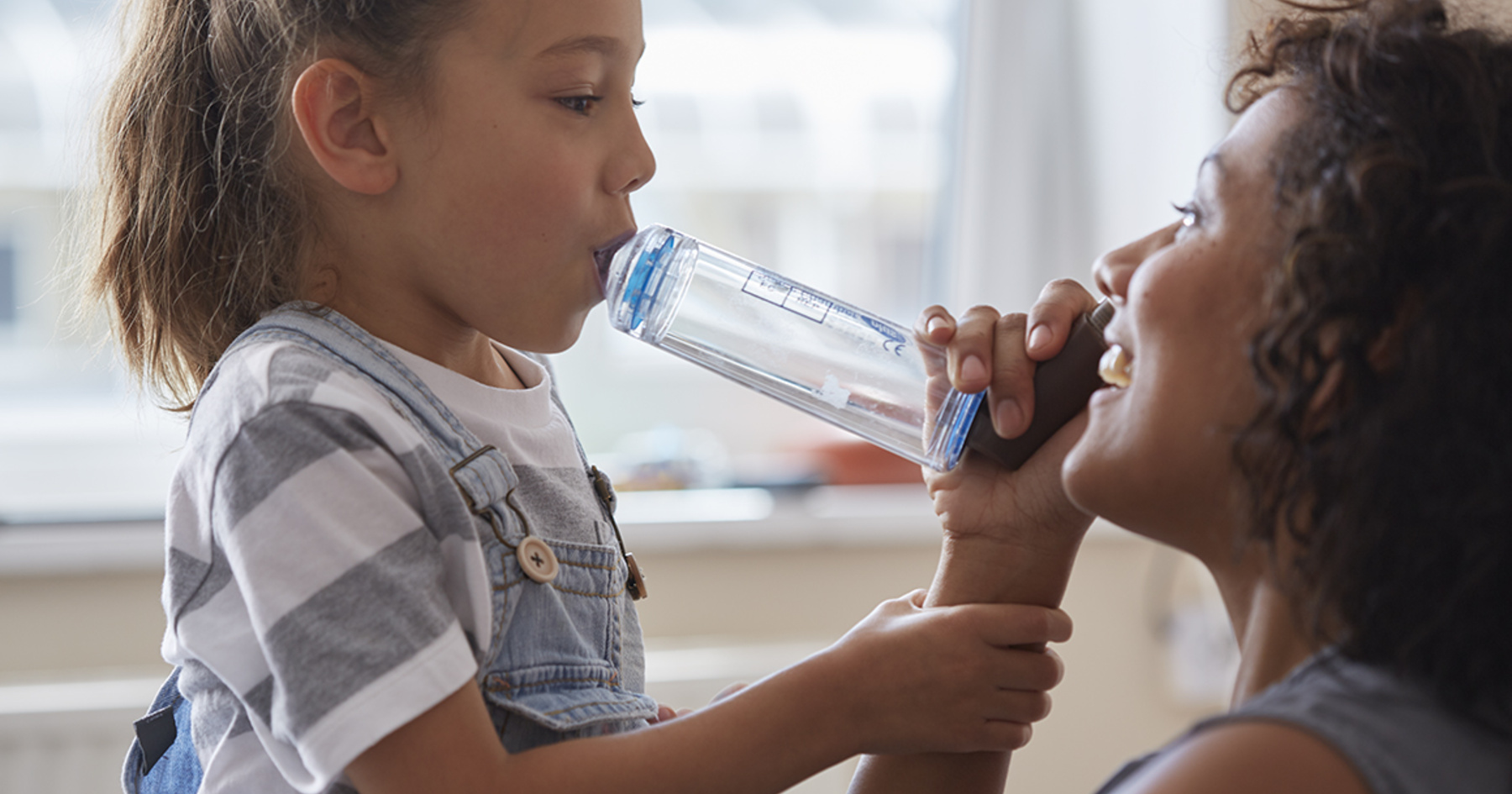Common lung problems in children
Protecting your child's lungs
Other lung problems in children

Get support
Call or email our helpline for support with any aspect of your child's lung condition – whether you need practical advice, emotional support, or answers to health-related questions. You can also find support through our groups.
Page last reviewed:
Next review due:































